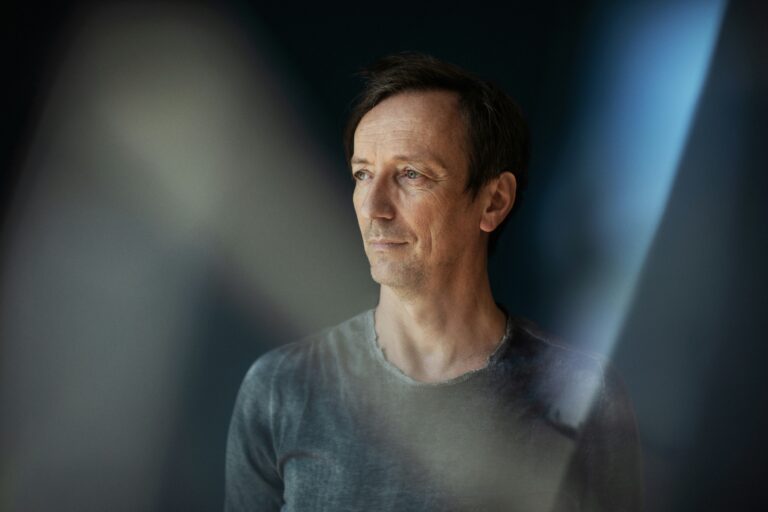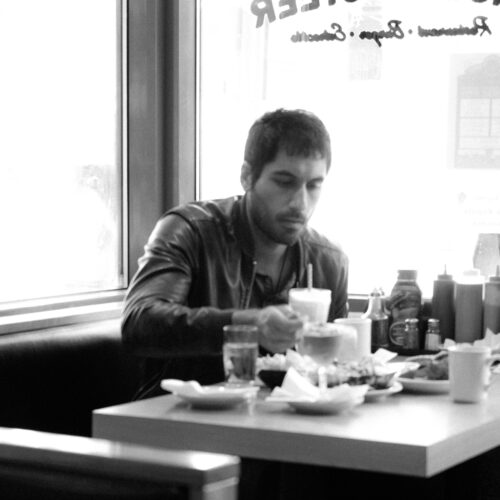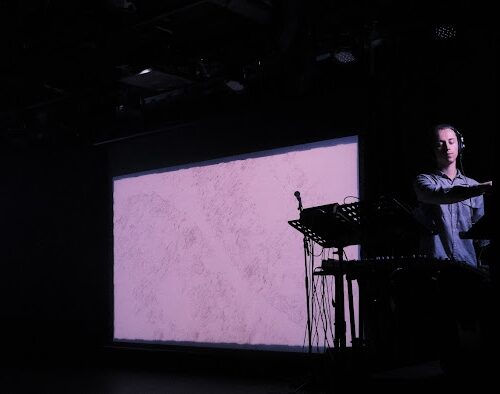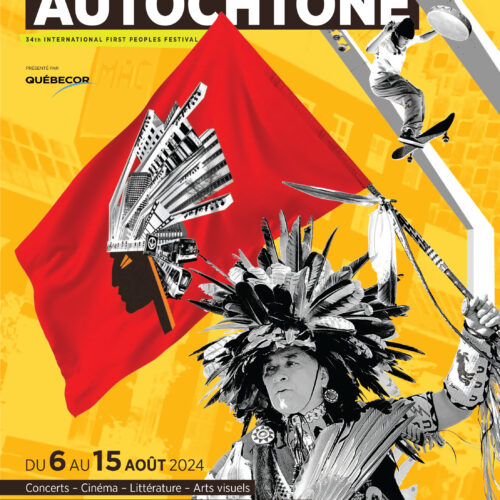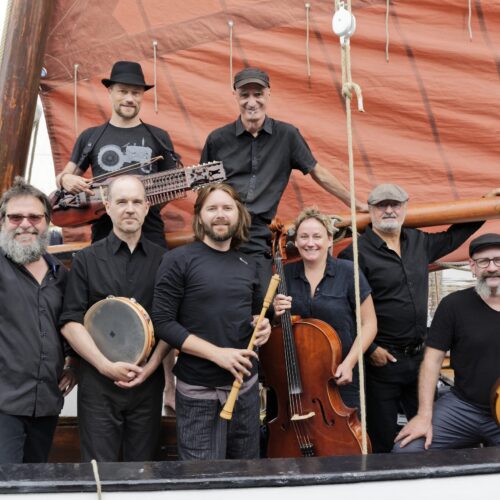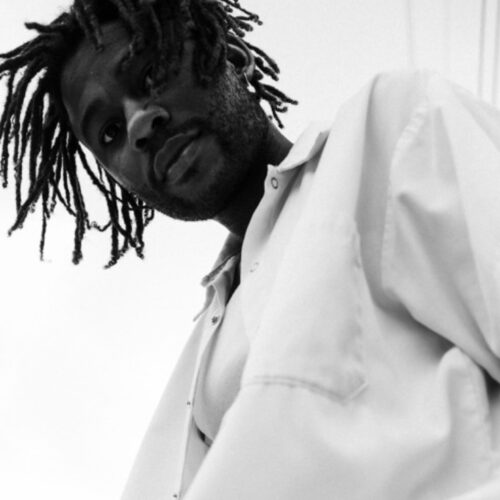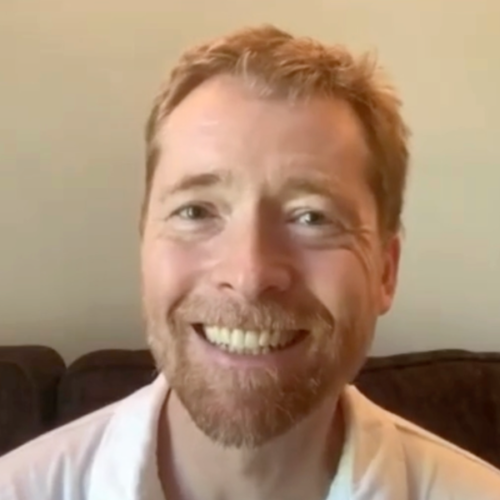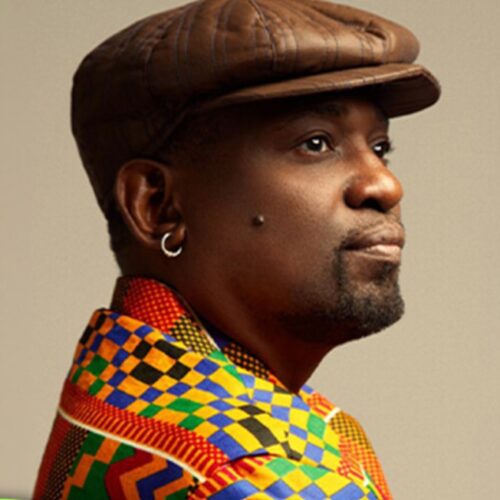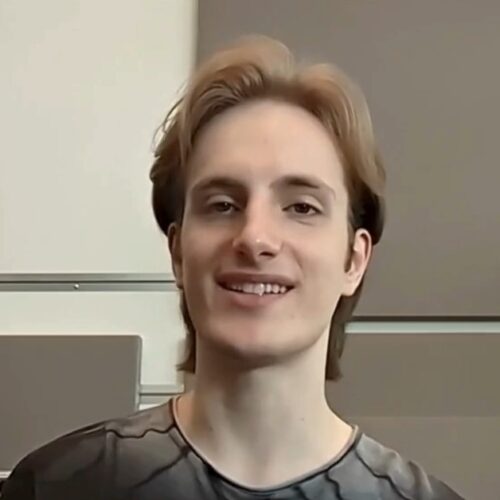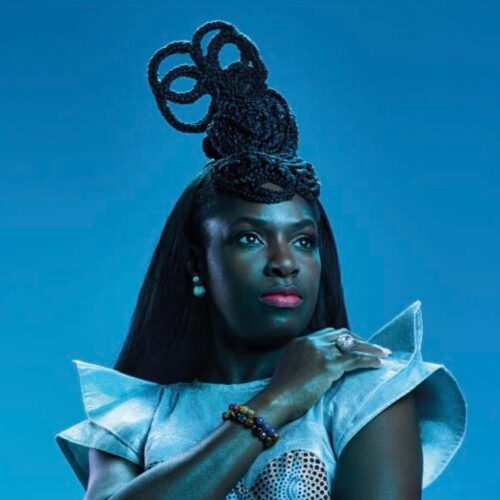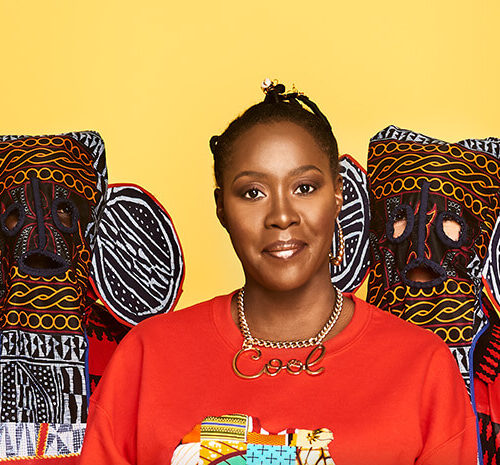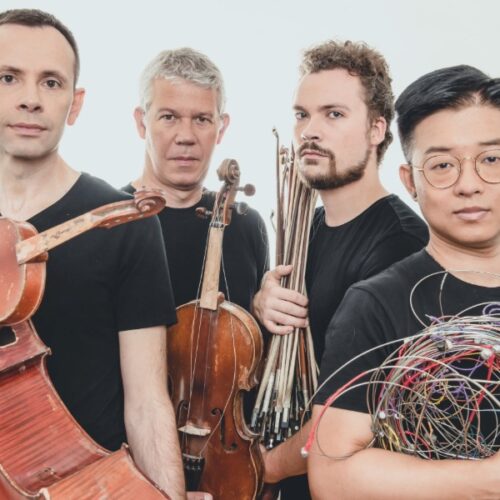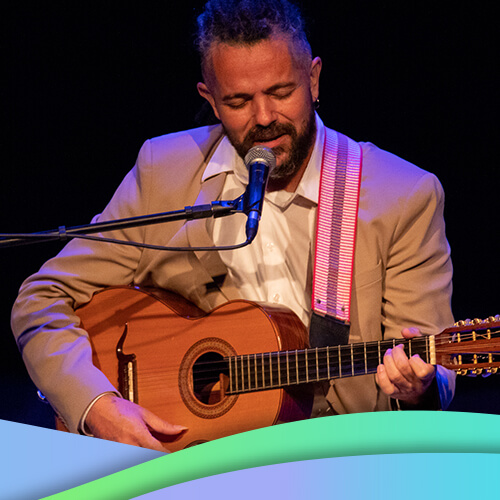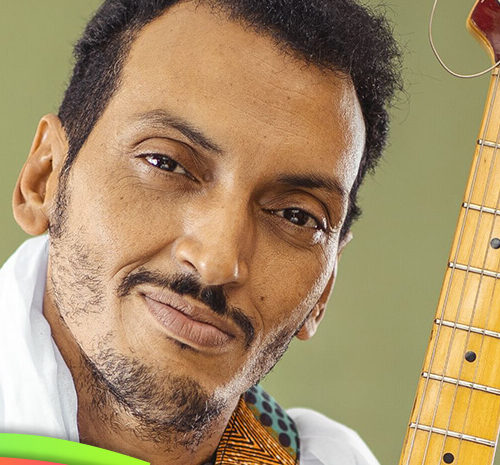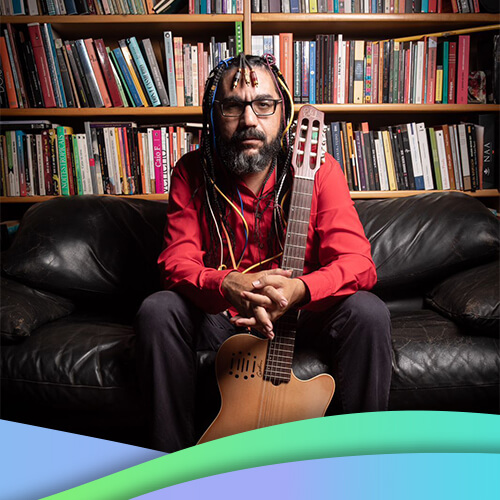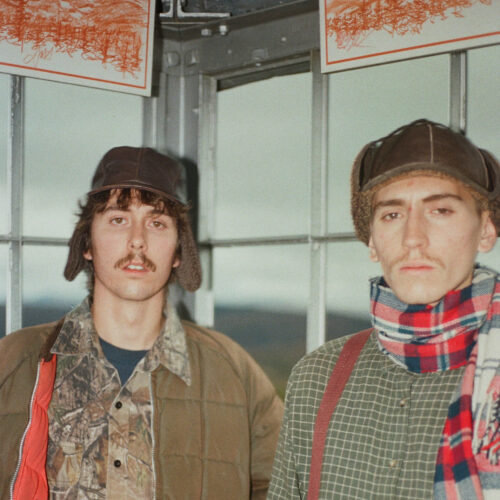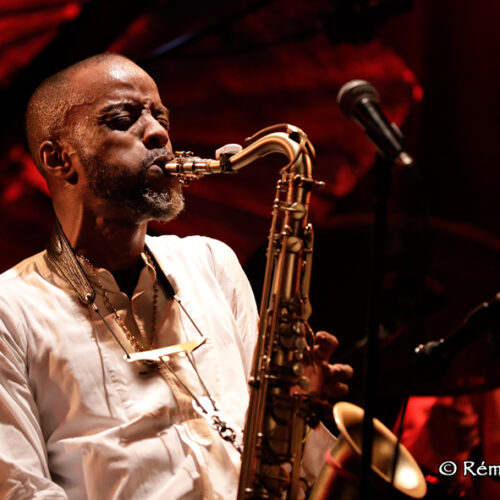Additional Information
You might not know the name Hauschka, but you have probably heard his music, that is the music of Volker Bertelmann. His name came up quite a bit last year after he grabbed an Oscar for Best Original Score for the German perspective World War One film, All Quiet On The Western Front. But outside of his work with film scores, Bertelmann makes his music under the moniker, Hauschka, experimenting with neoclassical, contemporary piano music.
For his latest album, Philanthropy, Bertelmann used prepared piano techniques; putting objects inside the piano for a different sound. The result makes the piano sound a bit more electronic and different than your standard piano album. As Hauschka, Bertelmann will bring his Philanthropy album to Montreal during MONTRÉAL EN LUMIÈRE. We spoke with him briefly about playing the prepared piano and writing one of the most successful film scores in the last decade.
PAN M 360: Could you tell me about your musical beginnings, like Gods Favorite Dog, and then getting into film scoring, and then Hauschka?
Volker Bertelmann: I started learning the piano at the age of 9 after seeing a pianist playing Chopin. I wanted to learn to play that piece immediately. So I asked my mother if she could organize lessons for me with this pianist. I had piano lessons for over 10 years and formed my first band at the age of 12. I then played in a whole series of bands as a keyboard player. A few years later, I met my cousin by chance on the street in Dusseldorf and we decided to form the band God’s Favorite Dog. The music was inspired by bands like Cypress Hill or the Red Hot Chili Peppers and we got a record deal with Sony Music. But after a while, I realized that a contract with a big record company doesn’t mean that they are interested in you as a musician and we broke up our band. I continued as HAUSCHKA and through my concerts all over the world, internationally working directors came into contact with me. That’s how I started with film music and that was about 12 years ago.
PAN M 360: How do you separate your time? Are you working on Hauschka material, while composing film scores?
Volker Bertelmann: At the moment I’m working 90% on film scores in the studio and cooking lunch for our family. I love being at home and making music, so it’s ideal to have a job as a composer and the freedom to release a record whenever I feel like there’s a new idea and I’m ready for a new album.
PAN M 360: What is your process of creating a soundtrack for a film like All Quiet on the Western Front? You must have to really get enveloped and consumed by the film?
Volker Bertelmann: When I work on a movie, I want to immerse myself in the protagonists and understand their emotions and the story. I also want to understand the director’s intentions and ideas. All Quiet on the Western Front was a great experience for me because everything came together well and naturally without much effort. And I found the three notes (dun dun dun) the very first day after I saw the movie for the first time.
PAN M 360: So you know where you were when you came up with the “dun dun dun” for the soundtrack, which is almost dystopian and a musical motif throughout the film?
Volker Bertelmann: Yes, I was sitting in my studio at my great-grandmother’s harmonium working on recordings for the movie, trying to figure out how to make the harmonium sound like a rock instrument.
PAN M 360: The soundtrack for All Quiet on the Western Front, of course, won the original score Oscar, my question is did you know you had something special and Oscar-worthy before winning?
Volker Bertelmann: I received a lot of positive feedback for the music. At the Toronto Film Festival, after the first screening of the movie, people came up to me and complimented the music. Oscar-worthy is a very undefinable term for me because you can make music that is strong and potentially good for an Oscar, but the movie doesn’t even come close to a nomination.
PAN M 360: Did it take you a while to figure out what kind of musician you wanted to be? Was it a lot of parroting and copying others at first?
Volker Bertelmann: When I started making music, I wanted to be someone I couldn’t be. I tried to copy pop stars and write exactly the same kind of music as the bands I admired. It wasn’t until I was 36 that I saw myself as HAUSCHKA, and that helped me to develop my own artistic identity. But getting there, so all the copying and learning and dealing with different challenges, like teaching piano lessons, writing music for commercials, being a session musician or keyboard player in a band, traveling with a children’s theatre or producing folk musicians … all of which ultimately helped me learn and gain the skills to do and appreciate what I do today.
PAN M 360: Philanthropy isn’t a standard piano album, can you share a bit of your process to get all of those different sounds? Like putting materials in the piano? On the strings?
Volker Bertelmann: Mostly all the sounds are made with the piano and the base is the prepared piano I started with. Sometimes I’ve added a synthesizer or a bass to get more dimension, but I always use materials on the strings of the piano to create bass drums, percussion, and all the rattling sounds. The materials I use are felt wedges, mutes from piano tuners, plastic light filters, erasers, magnets, bows from string instruments, etc …
PAN M 360: What are some of the weirder items you’ve used during this technique
Volker Bertelmann: I think table tennis balls, vibrators, and glass lenses.
PAN M 360: I find it kind of makes the album sound a bit electronic, and there might be only two pieces that are contemporary piano pieces.
Volker Bertelmann: Yes, that was my intention. On my last record, A Different Forest, I composed a lot of solo piano pieces. With Philanthropy, I deliberately wanted to go in the direction of an electronic, slightly clubby record but with two melancholy piano pieces that stand for a moment of reflection.
PAN M 360: On “Loved Ones” you are accompanied by strings, how did you decide that melancholic melody would be on, I think it’s a cello?
Volker Bertelmann: I recorded two cellos in addition to the piano recordings for “Loved Ones,” and I liked the melancholy because it sounded to me a bit like a melody from a French movie about a lost love. It’s great when a record can contain different emotional pieces and take the listener on a journey. For me, melancholy as an emotion is just as much a part of it as happiness.
PAN M 360: Can you tell me a bit about the live performance? Will you be using prepared piano techniques, will we hear some film scores?
Volker Bertelmann: At the concert you will hear pieces from the album Philanthropy, but not in the same way as on the album. It will mostly be improvisations based on motifs from the album. As I perform under my stage name HAUSCHKA, you won’t hear any film music. So you will hear the music of Hauschka, which is based on prepared piano and electronics. I’m really looking forward to it.
